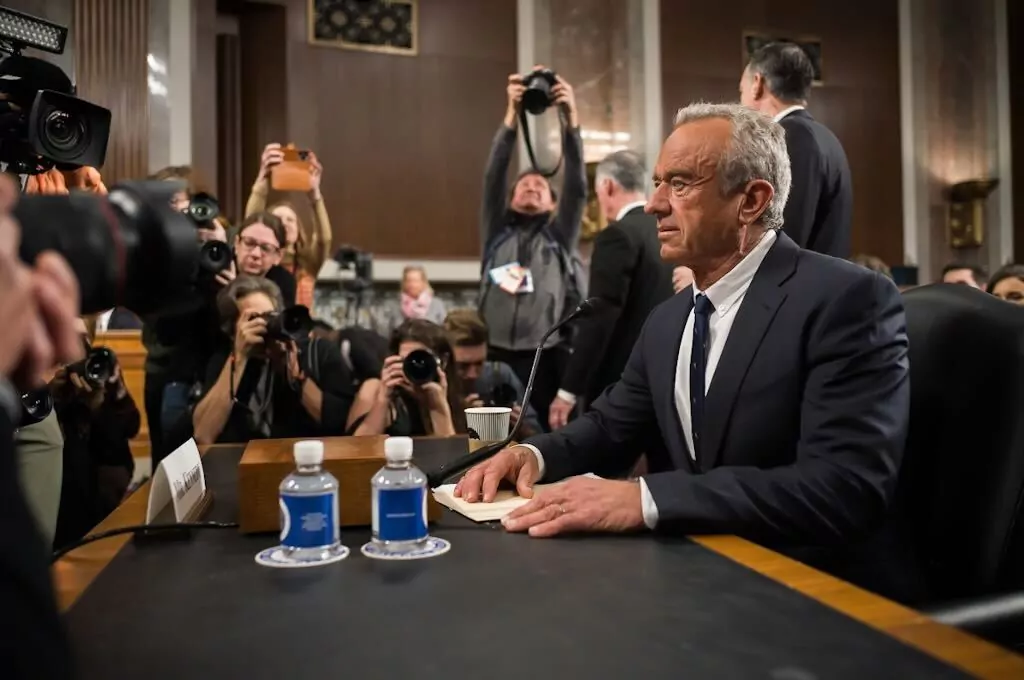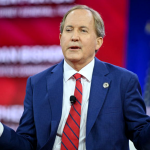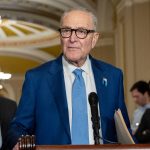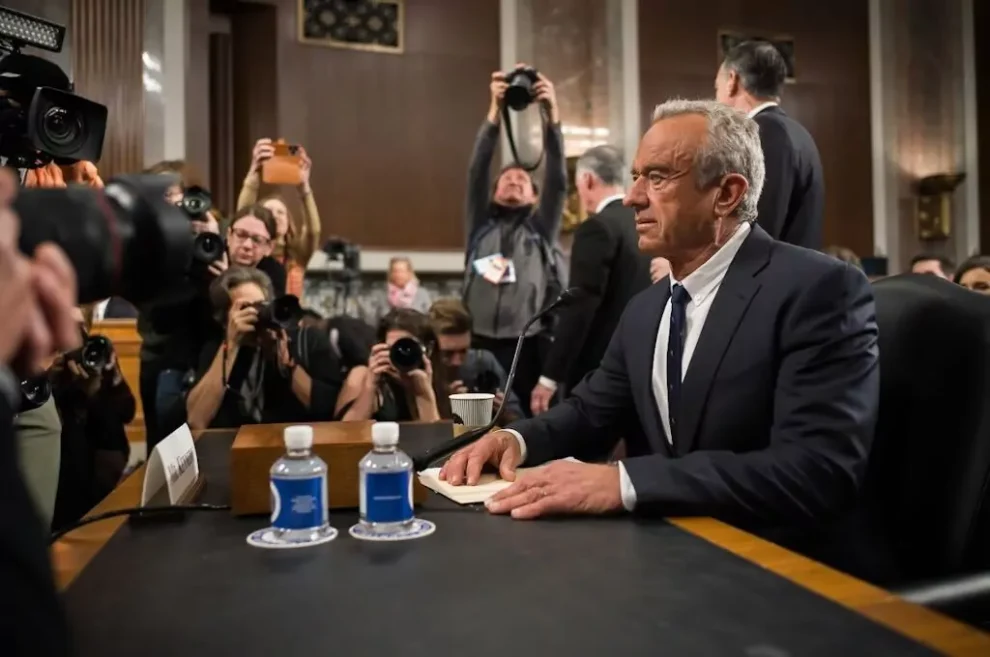The Senate voted Wednesday to advance Robert F. Kennedy Jr. to be President Donald Trump’s health and human services secretary, teeing him up for confirmation Thursday morning.
The GOP-controlled chamber voted along party lines, 53-47, on a procedural move to end debate.
Once on shaky ground with several Republicans over his history of vaccine skepticism and promoting public health conspiracies, Kennedy has steadily won over holdouts in recent weeks by pledging increased congressional oversight.
“Many Americans’ trust in health authorities has eroded in recent years, with the pandemic being a big factor,” said Senate Majority Leader John Thune (R-SD). “A lot of Americans grew frustrated with confusing and sometimes contradictory guidance from government agencies.”
Democrats voted in unison against Kennedy, a legacy Democrat and nephew of former President John F. Kennedy. He gained national prominence in the public health arena as vaccine hesitancy increased due to COVID-19 vaccine mandates.
“He is the face of the modern antivaccine movement,” said Senate Minority Leader Chuck Schumer (D-NY). “Will Republicans do the right thing for the American public health, or will they do whatever is necessary to keep Donald Trump happy, no matter how misguided?”
Kennedy dropped his ill-fated 2024 presidential run to endorse Trump at a critical moment last year and has since been embraced by the MAGA base with a promise to “Make America Healthy Again.”
Kennedy is expected to be confirmed around 7 a.m. Thursday, a timeline that was not pushed back as part of a timing agreement after a vote scheduled for earlier Wednesday was delayed due to a Washington-area snowstorm.

Sen. Bill Cassidy (R-LA), a former physician who clashed with Kennedy during confirmation hearings over his vaccine skepticism, came around in support of the nominee after “very intense conversations” with Kennedy and Vice President JD Vance. Cassidy is facing immense political pressure from fellow Republicans as he prepares for a 2026 reelection against a conservative primary challenger, a campaign that would have been further jeopardized by opposing Kennedy.
Kennedy pledged to give Cassidy, who chairs the Senate Committee on Health, Education, Labor, and Pensions, input on HHS hiring decisions, increased oversight, and regular meetings. Kennedy also vowed to preserve recommendations from the Centers for Disease Control and Prevention’s Advisory Committee on vaccines and CDC language on its site to the effect that vaccines do not cause autism.
Sen. John Curtis (R-UT) voted to advance Kennedy but told the Washington Examiner he remained undecided on final confirmation for unspecified reasons. He indicated he was leaning toward a “yes” vote, citing Cassidy’s position and experience as a physician.
“It’s fair to say that was pretty influential,” Curtis said of Cassidy.
Sens. Lisa Murkowski (R-AK) and Susan Collins (R-ME), who opposed Defense Secretary Pete Hegseth, expressed initial concern about Kennedy but ultimately voted to advance his nomination. Both will support his confirmation, but Murkowski said in a statement she continued to have “concerns about Mr. Kennedy’s views on vaccines and his selective interpretation of scientific studies, which initially caused my misgivings about his nomination.”
Murkowski concluded she was satisfied with Kennedy’s commitments to senators and his unaccustomed road map to “Make America Healthy Again.”
“Instead of focusing on who covers our exorbitant healthcare costs, we need to reduce these costs by directing our attention to prevention and keeping people healthy,” she said. “This is the appeal of RFK, and many Alaskans have shared that view with me.”
CLICK HERE TO READ MORE FROM THE WASHINGTON EXAMINER
Kennedy faced a last-minute wrinkle in his confirmation battle after the Trump administration slashed $4 billion from National Institutes of Health medical research grants and sparked backlash from GOP senators whose home state universities and hospitals stand to lose substantial federal aid.
The NIH is housed under HHS, prompting Kennedy to offer senators commitments that he would reevaluate the push to reduce the funding. The administration defended the cuts as eliminating wasteful administrative costs.
























